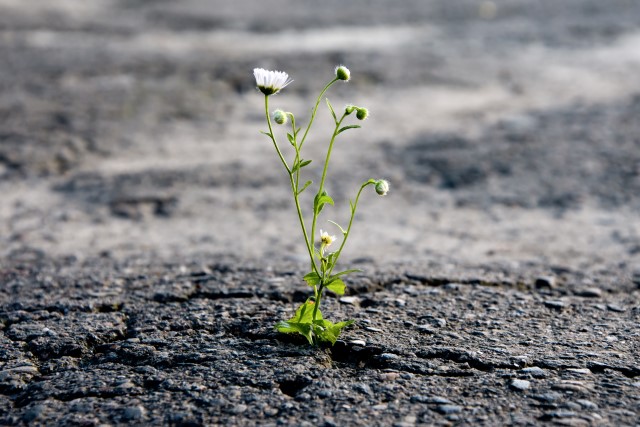This is the twenty-third installment in our 25 week series exploring the 25 competencies, or soft skills, that our assessments measure. Each week we’ll give you the definition of that competency, explain its value, and give you tips to help you develop it. This week: Resiliency.
Resiliency is quickly recovering from adversity. It is the skill of having thick skin. Being able to accept defeat, failure or rejection and letting it roll off your back so that you can get back to it. It is one of the skills that can really help a person persevere. Resiliency doesn’t mean that you don’t fear rejection or failure, it means that you’re willing to accept that it happens in life, to learn from it, and to not let it derail your goals or objectives.
Those that are skilled in Resiliency expect to hear the word no, but they don’t see it as a hard no, they see it as a not right now. They are willing to try again, in a week, in a month, in a year, they aren’t worried about the timeline, they are worried about meeting their goal and they have confidence that they will meet it eventually. Setbacks and obstacles aren’t major events for those skilled in Resiliency, they are part of everyday life. They don’t dwell on mistakes or missteps, but instead take them in stride and use their new knowledge to keep moving forward.
Resiliency is an especially important skill to have as an entrepreneur. Owning and operating your own business will throw you plenty of curveballs over time and you have to be willing to roll with the punches. Sometimes your ideas won’t come to fruition, but if you are resilient you will try again with a new, stronger idea. Serial entrepreneurs are the epitomy of resilient, they often hear that their ideas won’t work, that they’re crazy for trying, but they believe in themselves and their next great idea, and they keep pushing, even after having failed to get a different project off the ground. For them, failure isn’t contagious, just because one venture didn’t work, doesn’t mean the next one won’t.
If you’d like to start developing your Resiliency, you can work to view failures as lessons instead. Don’t dwell on everything that went wrong, instead try to glean as much wisdom as you can from the failure. What did you learn that will help you succeed next time? You will need a mindset shift for this to work. You can no longer let that failure define you. You have to view it simply as a momentary set back that is setting you up for future success. Don’t let yourself wallow in self-pity, get back out there and start working on your next project using the lessons you learned.
If you would like to learn more ways to develop your Resiliency, download our Resiliency Rx Suite here.
